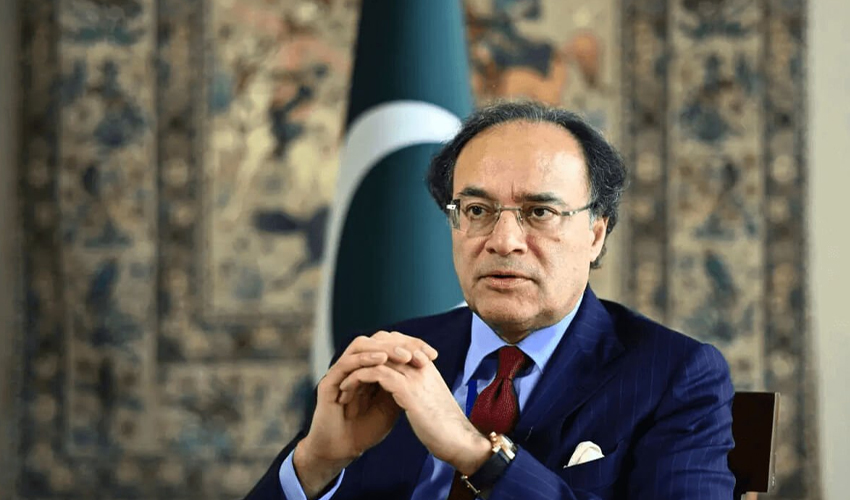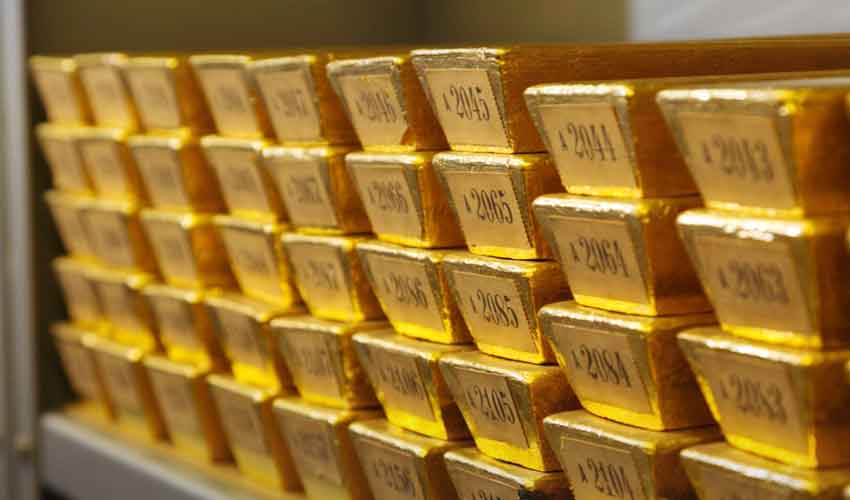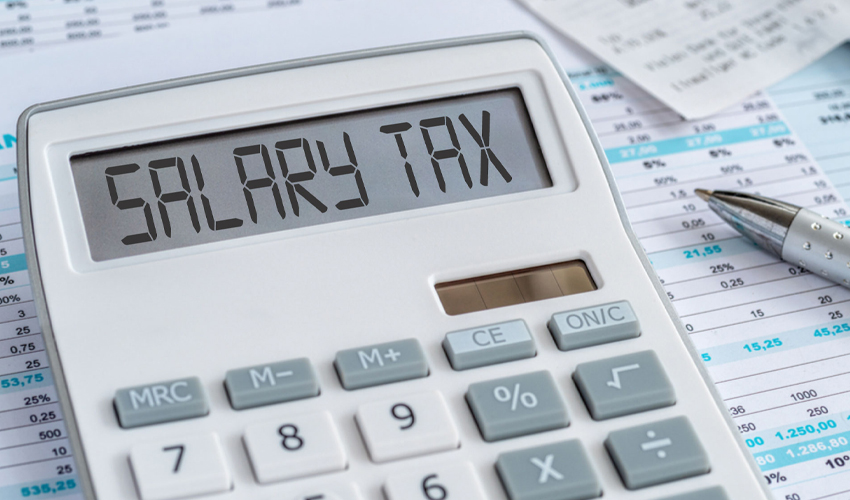Finance Minister Muhammad Aurangzeb has said that the private sector is being encouraged to play a role in the economy. The government will not be involved in a business being undertaken by the private sector.
Speaking at a ceremony in Islamabad, Minister Aurangzeb said that good news has started coming for the economy, as ratings agency Fitch has improved Pakistan's rating, and the IMF Executive Board will soon approve the $7 billion loan program. With the IMF's new loan program, global confidence in Pakistan has improved, and the time is not far when the country will achieve economic stability, he added.
The finance minister said that the prime minister wants to declare this IMF program as the last one, and reforms are indispensable to get rid of the global financial lender. The country will develop only with economic reforms, though it is moving towards stability under the leadership of Prime Minister Shehbaz Sharif, he added.
Aurangzeb said there has been macroeconomic stability in the country, which needed to be converted into growth. He added that efforts were on to attract foreign direct investors, and foreign investment was floating in due to the better policies of the government. He also said that in the first month of this financial year, the FBR achieved the revenue target, while the interest rate was reduced by the State Bank.
Also addressing the ceremony, Deputy Prime Minister and former finance minister Ishaq Dar said inflation had come down to 12% from 30% due to the government measures, while the Pakistani stock market was the best in the region. There were opportunities for economic development, however obstacles needed to be removed, he claimed.
Dar said the prime minister's full focus was on structural reforms and bilateral trade, while the previous PDM government worked on a one-point agenda: save Pakistan from bankruptcy.
He also claimed that foreign investment worth billions of dollars had gone out of the country in the last two years, which had started to return again. "For the sake of national interest, the trend of blocking roads will have to end, and reforms are the need of the hour for economic development."



























